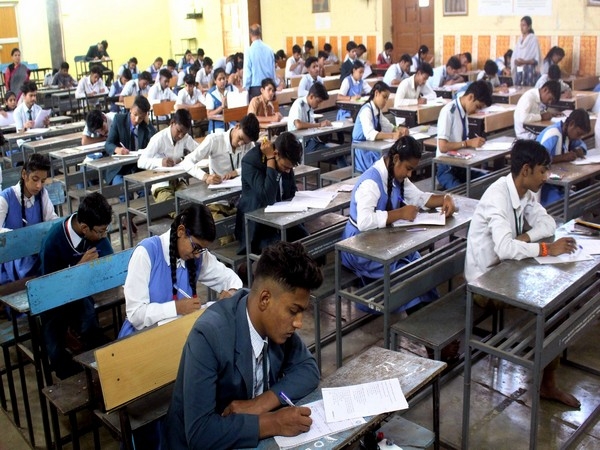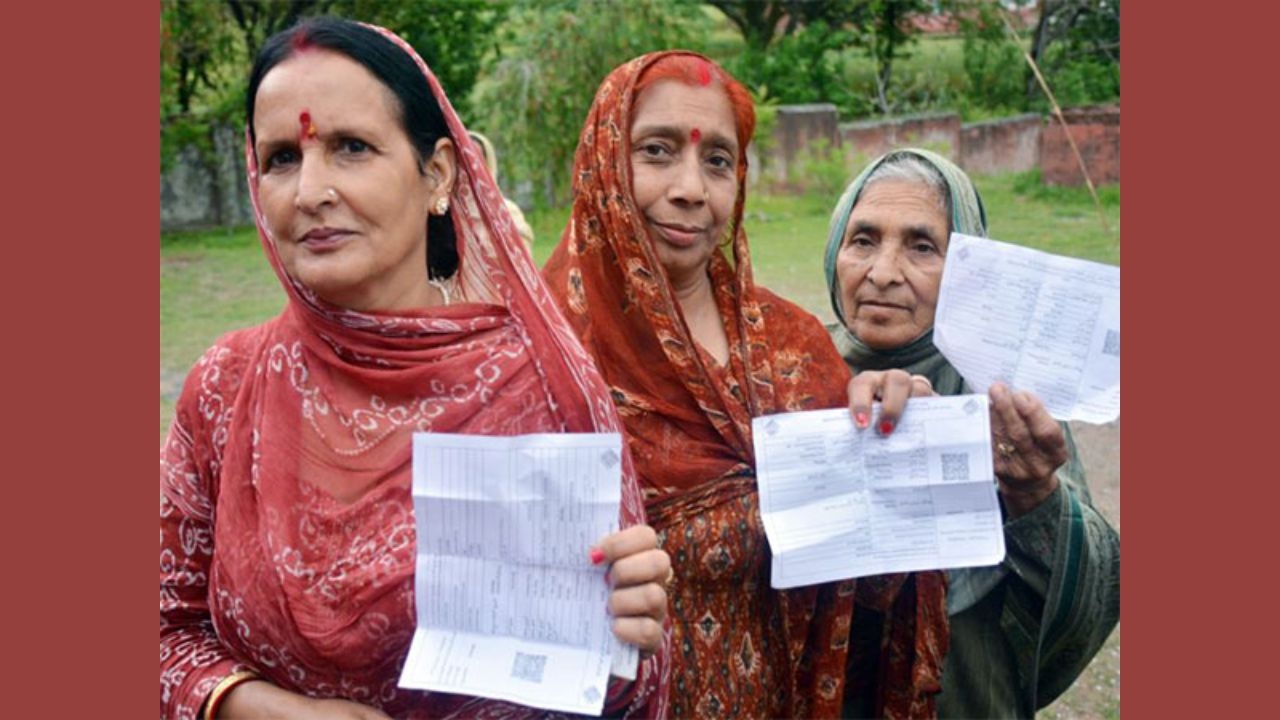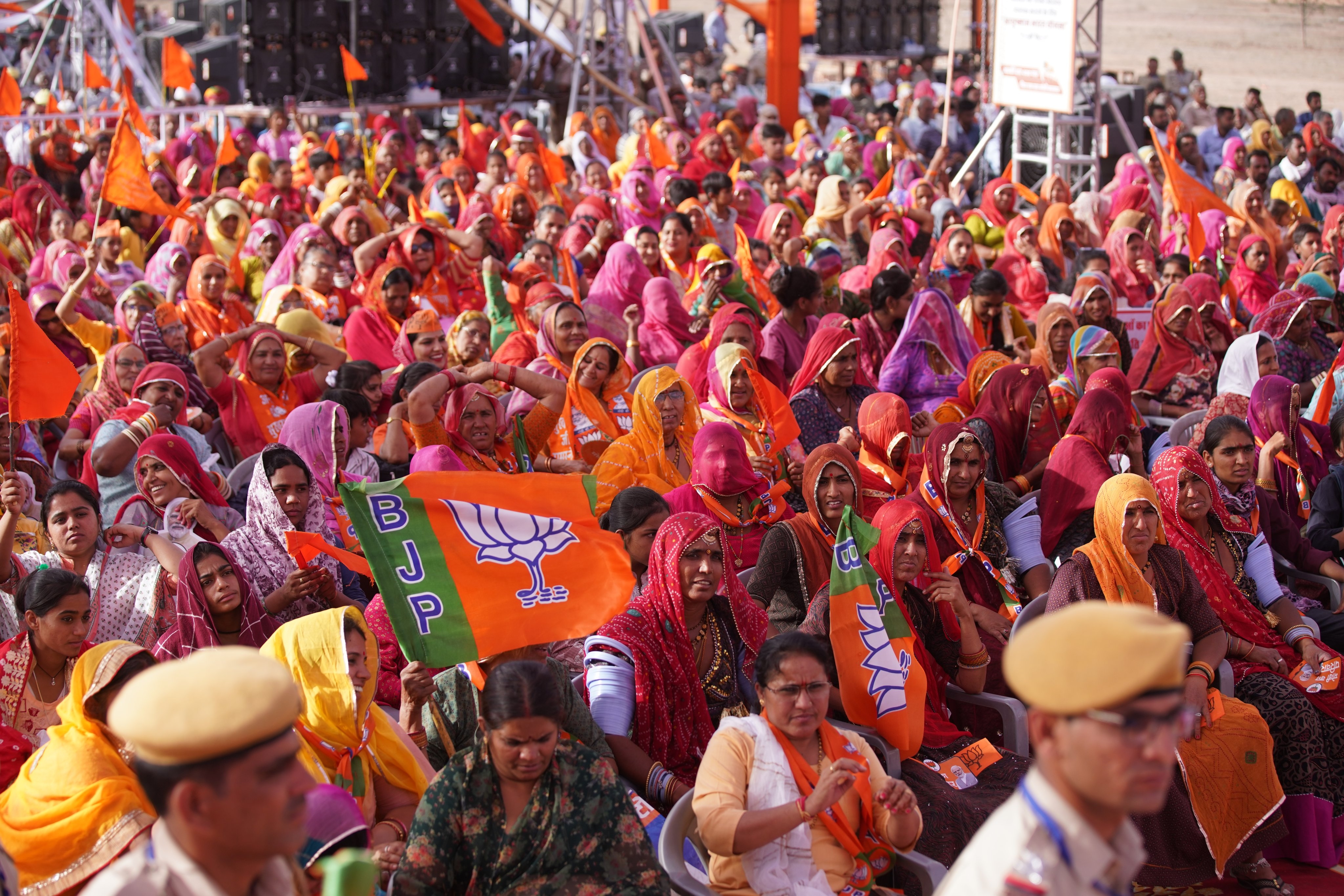Tata DoCoMo case is proof: Modi regime is making foreign investors uneasy

Every chance he gets, Narendra Modi touts his regime's resolve to make it easier for foreign investors to enter and exit. On the ground, though, things are far from rosy. In fact, the ground reality is often the opposite of what we are being told in speeches delivered at economic forums and elsewhere.
Take the case of NTT DoCoMo, Japan's largest mobile phone operator. In November 2009, DoCoMo bought 26.5% stake in Tata Teleservices for Rs 12,740 crore, at Rs 117 per share. The deal was based on the understanding that if the Japanese company exited the venture within five years, it would be paid a minimum 50% of the acquisition price. The money was to be raised by either finding a buyer for DoCoMo's 26.5% stake at market value or getting Tata Teleservices to buy the shares at half the original investment value.
Also Read: Are FDI numbers as rosy as they are touted to be? Here's a reality check
In 2014, the Tatas offered to buy DoCoMo's stake for Rs 7,250 crore, and sought the RBI's permission to seal the deal. The central bank, aware of the importance of keeping promises to international investors, was fine with the arrangement. In a note to the finance ministry quoted by Business Standard, the RBI asked that "the Tata group be allowed to buy back DoCoMo's stake at a predetermined price of Rs 58 a share despite the company's valuer, Price Waterhouse, estimating the stake at Rs 23.34 a share, 60% lower".
"The larger issue here is of fair commitment in the contracts in relation to an investment and a downside protection of an investment rather than an assured return. Besides our relationship with Japan in relation to FDI flows is also a matter to be kept in view. Therefore, we are inclined to accept the proposal," the note reasoned.
Messing up
But the finance ministry decided to poke its nose where it didn't belong, and using the Foreign Exchange Management Act as the ruse, denied permission to the deal.
Also Read: Modi's new FDI policy: Real change or fooling the markets?
This forced the Japanese company to drag the Tatas to the London Court of International Arbitration, which granted it a $1.17 billion award. Again, the RBI, concerned about the global implication of not honouring an arbitration, asked the finance ministry's to exempt this case from FEMA considerations.
The finance ministry, though, seems bent on repeating the very mistake that its head had panned the previous UPA government for. The UPA had invited widespread criticism for "harassing" the British telecom operator Vodafone through the introduction of retrospective tax.
In his first budget speech in 2014, Finance Minister Arun Jaitley had said the new NDA dispensation did not believe in retrospective taxes given that it was committed to making India an attractive destination for foreign investors. He had also assured that his government would allow the Vodafone tax matter to be resolved "through the legal process".
In dealing with DoCoMo, Jaitley has reneged on that very assurance. That too when an international court has already ruled in favour of the company. Two years into its rule, the NDA's attitude towards the international investor is becoming hard to tell apart from the UPA's. In fact, if this case is anything to go by, Modi and Jaitley's NDA may yet turn out to be the more aggressive of the two when it comes to shooing away the foreign investor.
Also Read: Jaitley sends retrospective tax bill to Vodafone after opposing it
First published: 1 August 2016, 23:25 IST






![BJP's Kapil Mishra recreates Shankar Mahadevan’s ‘Breathless’ song to highlight Delhi pollution [WATCH] BJP's Kapil Mishra recreates Shankar Mahadevan’s ‘Breathless’ song to highlight Delhi pollution [WATCH]](http://images.catchnews.com/upload/2022/11/03/kapil-mishra_240884_300x172.png)

![Anupam Kher shares pictures of his toned body on 67th birthday [MUST SEE] Anupam Kher shares pictures of his toned body on 67th birthday [MUST SEE]](http://images.catchnews.com/upload/2022/03/07/Anupam_kher_231145_300x172.jpg)






